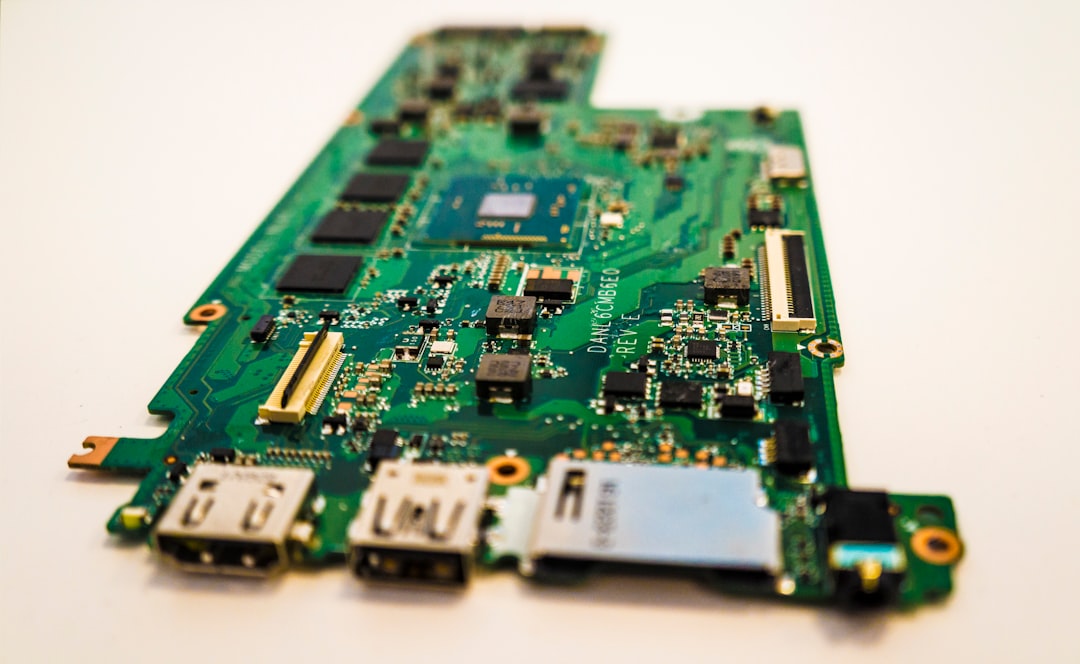Summary: OpenAI has announced a strategic partnership with Broadcom to design and produce custom AI chips aimed at powering its data centers. This move is part of OpenAI’s broader effort to reduce dependence on Nvidia and secure the massive computing power needed for AI applications like ChatGPT and Sora. The collaboration will enable OpenAI to deploy up to 10 gigawatts of AI accelerators, with Broadcom beginning equipment deployment in the second half of 2026 and the project completing by 2029.
OpenAI’s New Partnership with Broadcom
OpenAI is teaming up with Broadcom to develop its own computer chips specifically designed to power its AI data centers. This partnership marks a significant step in OpenAI’s mission to build superintelligent AI by embedding insights from its advanced AI models directly into custom hardware.
Why Custom AI Chips Matter
Designing proprietary chips allows OpenAI to tailor hardware that maximizes the efficiency and intelligence of its AI systems. According to OpenAI, this approach “unlocks new levels of capability and intelligence” by integrating lessons learned from developing frontier AI models directly into the chip design.
The Scale and Timeline of the Project
The partnership aims to develop and deploy an impressive 10 gigawatts of custom AI accelerators. To put this in perspective, a typical nuclear power plant generates about one gigawatt of power. Broadcom is expected to begin deploying racks of this equipment in the second half of 2026, with the project slated for completion by the end of 2029.
OpenAI co-founder and CEO Sam Altman emphasized the importance of this collaboration, calling it “a critical step in building the infrastructure needed to unlock AI’s potential and deliver real benefits for people and businesses.”
Context: Reducing Reliance on Nvidia
This announcement follows OpenAI’s recent deals for AI computing power, including a six-gigawatt agreement with AMD and a 10-gigawatt deal with Nvidia. These infrastructure partnerships have become feasible after OpenAI modified its exclusive compute arrangement with Microsoft, allowing for broader collaborations.
The Broader Industry Trend
OpenAI’s move to create custom chips aligns with a growing trend among tech giants like Meta, Google, and Microsoft, who are developing their own AI hardware to strengthen supply chains amid soaring demand and reduce dependence on Nvidia’s AI chips. While custom chip projects have yet to challenge Nvidia’s dominance, they have significantly benefited other chipmakers such as Broadcom.
Follow topics and authors from this story to see more like this in your personalized homepage feed and to receive email updates.
